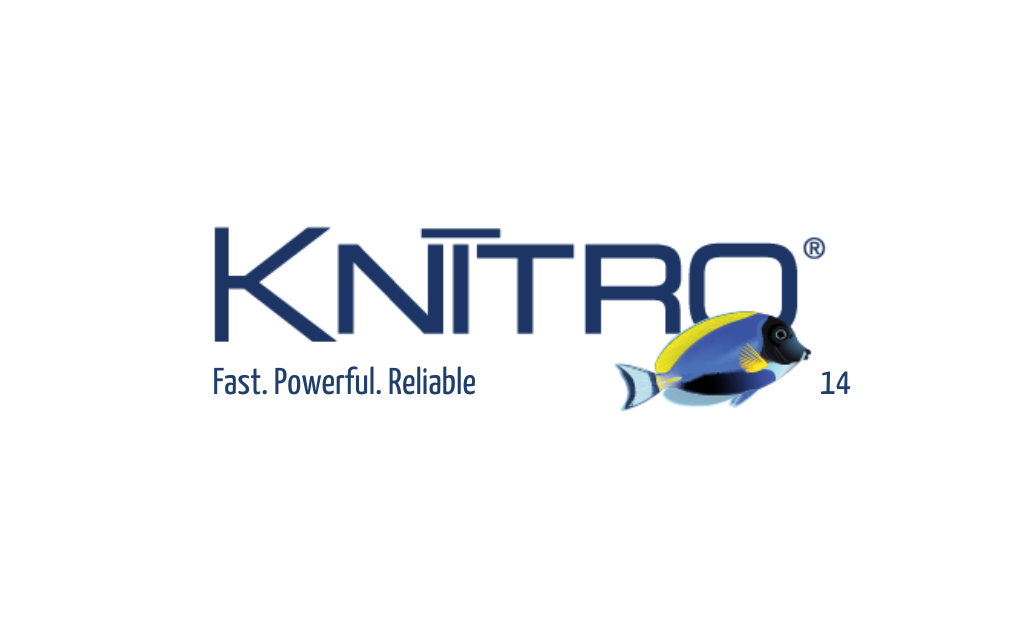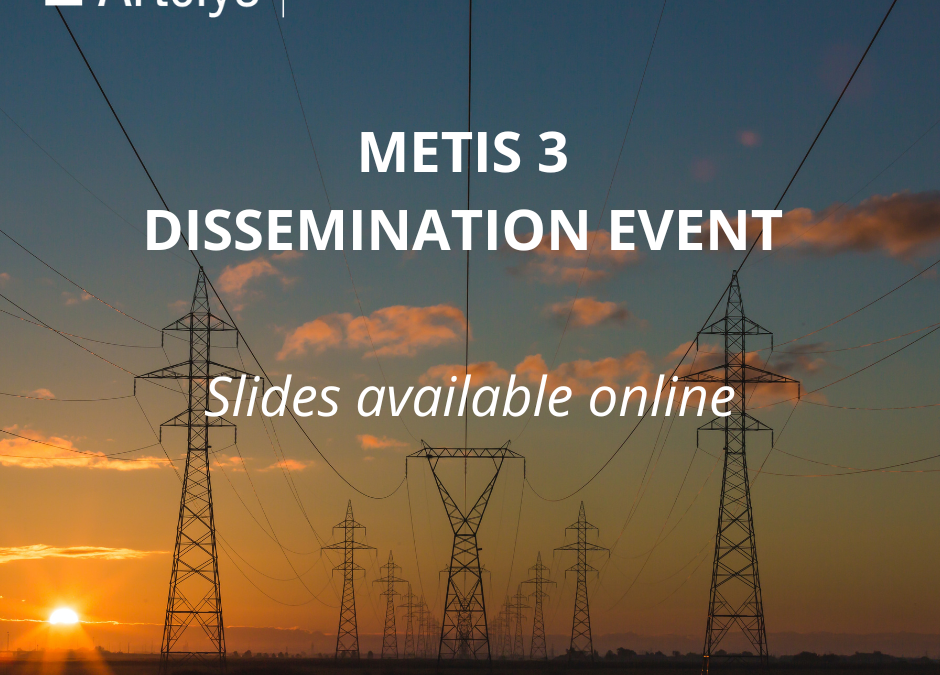Artelys Kalis 13: Boost the resolution of your allocation and scheduling problems!
This new version of Artelys Kalis returns first feasible solutions of allocation instances that are of better quality, in a lower amount of time. As an example, on Berth assignment problems, for which an operator allocates berth space for vessels in container terminals, the average time to find a first feasible solution has drastically decreased. Also, the quality of the initial solution, i.e. the time required to perform all port activities in our example, is better than in previous versions. This enhancement derives from a solver internal reformulation facilitating the modeling of allocation problems for the user!
The average performance improvement reaches 25% on a set of customer scheduling problems. This enhancement derives from a refactoring of the Timetable algorithm (computing the constraint propagation for available resources and scheduled tasks) in the solution tree search. The solver is more efficient and computes up to 30% more nodes within a given time limit. The optimal scheduling is found faster.
Other Artelys Kalis 13 features:
Improved Python interface to facilitate nonlinear constraint manipulation. Increased performances on nonlinear problems thanks to a more efficient standard function propagation. General improvements on memory usage in particular for “implies constraints” with gains of up to 50%.



Innovative grid technologies can improve renewable energy integration in the Latvian grid by up to 40%
—The power grid faces challenges in managing the increasing amounts of new wind and solar power generation. Grid Enhancing Technologies (GETs) are essential for optimizing the use of the existing infrastructure. Artelys carried out a study for Latvian Transmission System Operator (TSO) AST to assess the renewable generation hosting capacity of the transmission grid and to evaluate the benefits that GETs can provide to renewable integration. The study performed simulations using the open-source optimal flow tool, PowSyBI Metrix. Results show that Grid Enhancing Technologies can increase Renewable Energy Sources (RES) hosting capacity by up to 40% and were announced in the following press release.

Artelys Knitro 14.1: delivers very quick solutions on non-convex models
— We are pleased to announce that Artelys Knitro 14.0 is now available! This new version enables compagnies to solve complex non-linear optimization problems with unprecedented efficency and precision.

You missed the METIS 3 Dissemination event? The slides are now available!
— Artelys was thrilled to organize the METIS 3 Dissemination webinar on April 17, which was a great opportunity to present key studies and upgrades of METIS models and datasets conducted in the last four years, including exciting discussions with external panelists!

Artelys participates in the demonstration of large-scale underground hydrogen storage in Europe
— Artelys is involved in the five-year project FrHyGe funded by the European Commission via the Clean Hydrogen Partnership.
subscribe to our newsletters
© ARTELYS • All rights reserved • Legal mentions